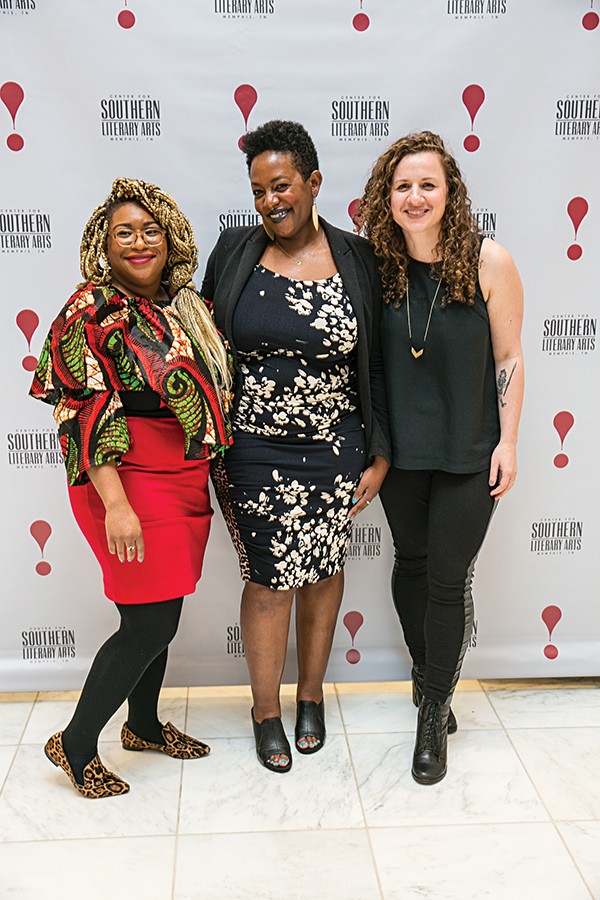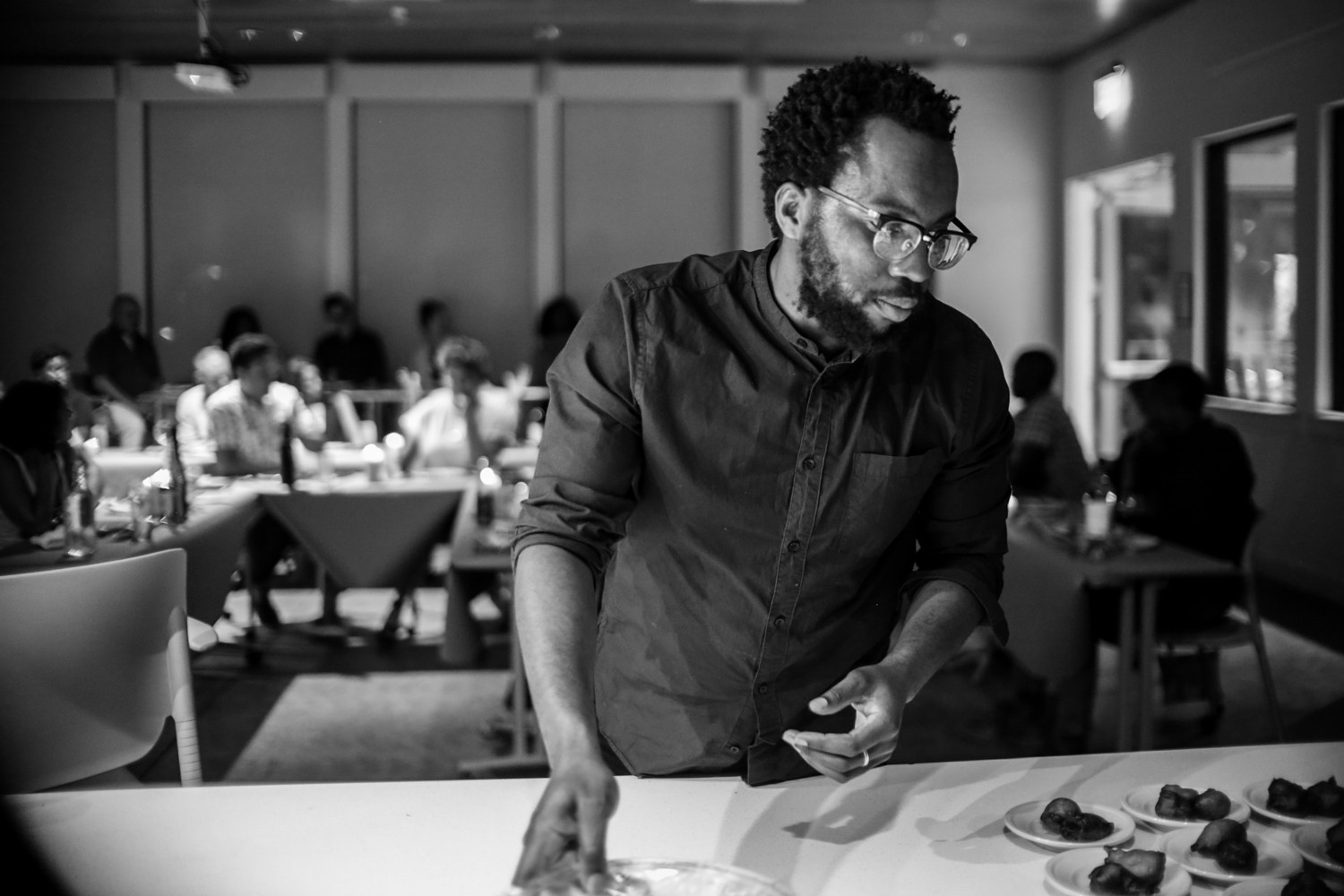If the prevailing stereotype of the
writer/reader is of a solitary individual, slaving away with bleary eyes, then the Center for Southern Literary Arts (CSLA) aims to challenge the traditional narrative. Because stories are inherently a means of communication and of reinforcing our connections — with each other, with the past, and with our cultures. To illustrate the communal aspect and intersectional nature of storytelling, in its many forms and genres, the CSLA is unveiling the inaugural Memphis Literary Arts Festival (MLAF) this Saturday, June 16th, in the Edge district.
“We founded the organization a little less than a year ago,” says Jamey Hatley, co-founder and creative director of the CSLA. In its not-quite-a-year in existence, along with planning the debut of the MLAF, the center has already brought some impressively mighty literary talent to Memphis. Last February, the nonprofit brought Tayari Jones, author of An American Marriage, to the Orpheum for a reading and conversation with Hatley, who is a writer in her own right. “That event was the launch of our Main Stage series,” says Molly Quinn, co-founder and executive director of CSLA and a veteran of similar nonprofit literature festivals in New York and L.A. “We did two of those this year, and next year you’ll see somewhere between four and six.”
When Hatley and Quinn founded the CSLA (with co-founder/writer Zandria Robinson), Memphis did not seem quite as hospitable a place for practitioners of the literary arts. “When I was a young writer, I didn’t travel. My parents didn’t have a lot of money, and I traveled and experienced the world through books. We were at a point in Memphis where we weren’t sure if our big independent [bookstore] was going to stick around, the [Mid-South Book Festival] had stopped,” Hatley elaborates. “So I came back to Memphis into a situation that was more in peril than how I left it. As a working artist, that was very scary to me.” So, mindful of the importance of a space given over to the mingling of voices and ideas, Hatley, Quinn, and Robinson pulled together to create the CSLA.
 DBW Photography
DBW Photography
(l to r) Zandria Robinson, Jamey Hatley, and Molly Rose Quinn
MLAF is about connections, about creating new ones, and about celebrating existing connections that may go overlooked. “A lot of people might think that they have to go to New York to find mentors and people to inspire them, but we want people to know that that inspiration is right here in Memphis,” Hatley says. Hatley, a native Memphian whose work has appeared in the Oxford American, Callalloo, and the acclaimed Memphis Noir collection, knows the value of a space for writers to connect. She remembers waiting in a line at the now twice-rebranded Davis-Kidd bookstore to meet Crystal Wilkinson, an author with whom Hatley developed a friendship. Wilkinson will be in conversation with Hatley at MLAF, closing a circle that began when Hatley was a “baby writer … in the back of the line waiting to try to figure out something to say to the famous writer.”
Wilkinson will be just some of the talent on display at the MLAF. The festival is remarkable in its inclusion of different forms of storytelling. The lineup for the one-day festival includes Courtney Alexander, who made a tarot deck that engages with ideas about body image and archetypes, and Daniel Jose Older, a musician and author of a series of young-adult ghost noir books. There will also be journalists, muralists, musicians, and novelists. “We thought really hard about what kind of overlap and what kind of interdisciplinary spirit this lineup would have,” Quinn says. “In part because we believe that mixing those things together allows for the kind of accessibility Jamey is talking about.”
It’s fitting in Memphis, a city where some of the most illustrative storytellers haven’t even been literate, that accessibility is among the primary goals of the festival. Hatley explains that, with this goal in mind, they’re striving to marry the entertaining and the enriching, the highbrow and the whimsical. “We want to say that literature is the ‘then’ and the ‘now,’ and we want to make a bridge across to those communities,” Hatley says. “Voices need to be heard, and whatever route they can take, we want people to know all the ways. We want people’s voices to get out in a way that feels empowering for them.”
Memphis Literary Arts Festival is Saturday, June 16th, 9 a.m.-5 p.m. Marshall Avenue between South Orleans and Monroe Extd.
 Moyo Oyelola
Moyo Oyelola